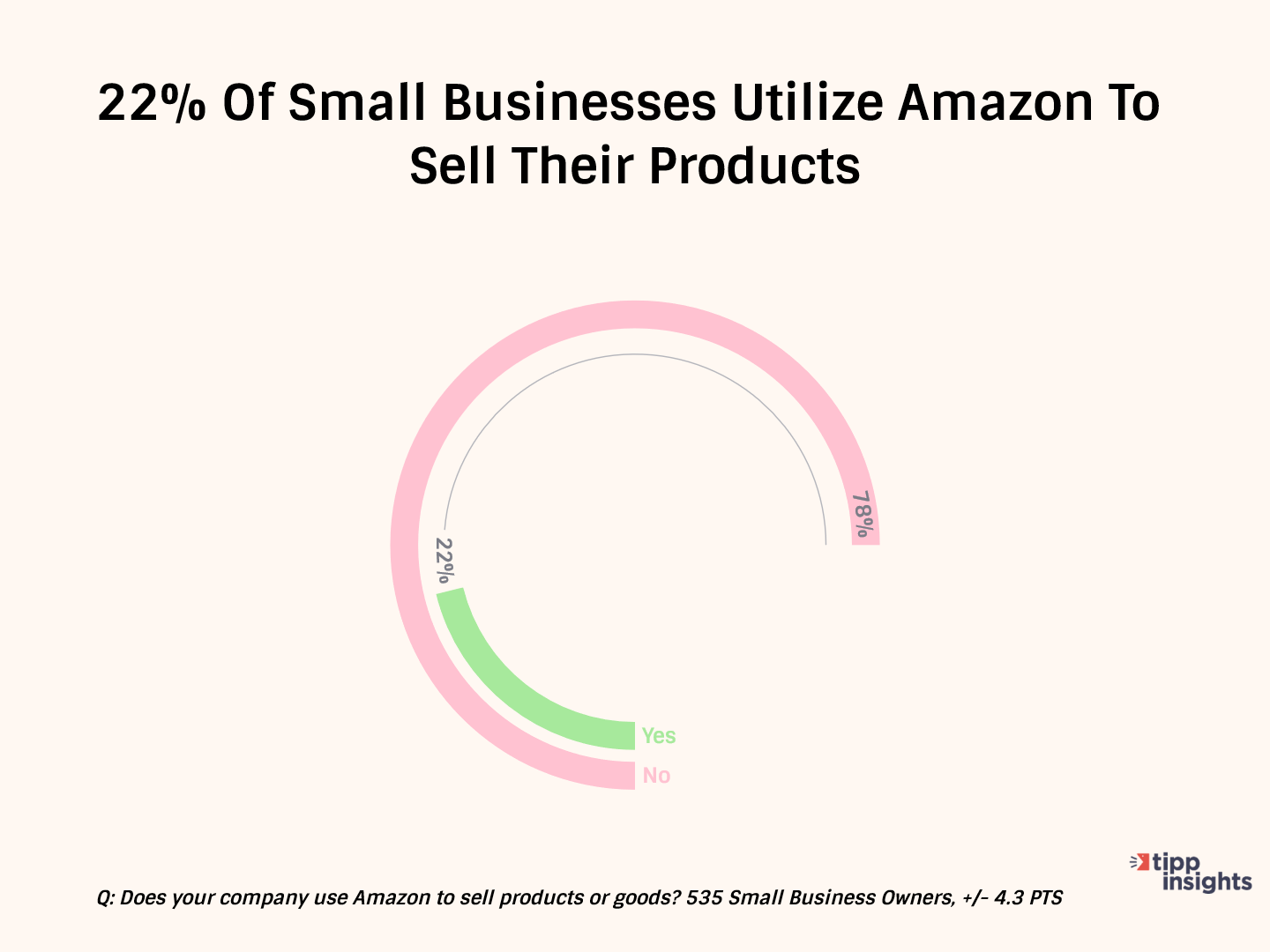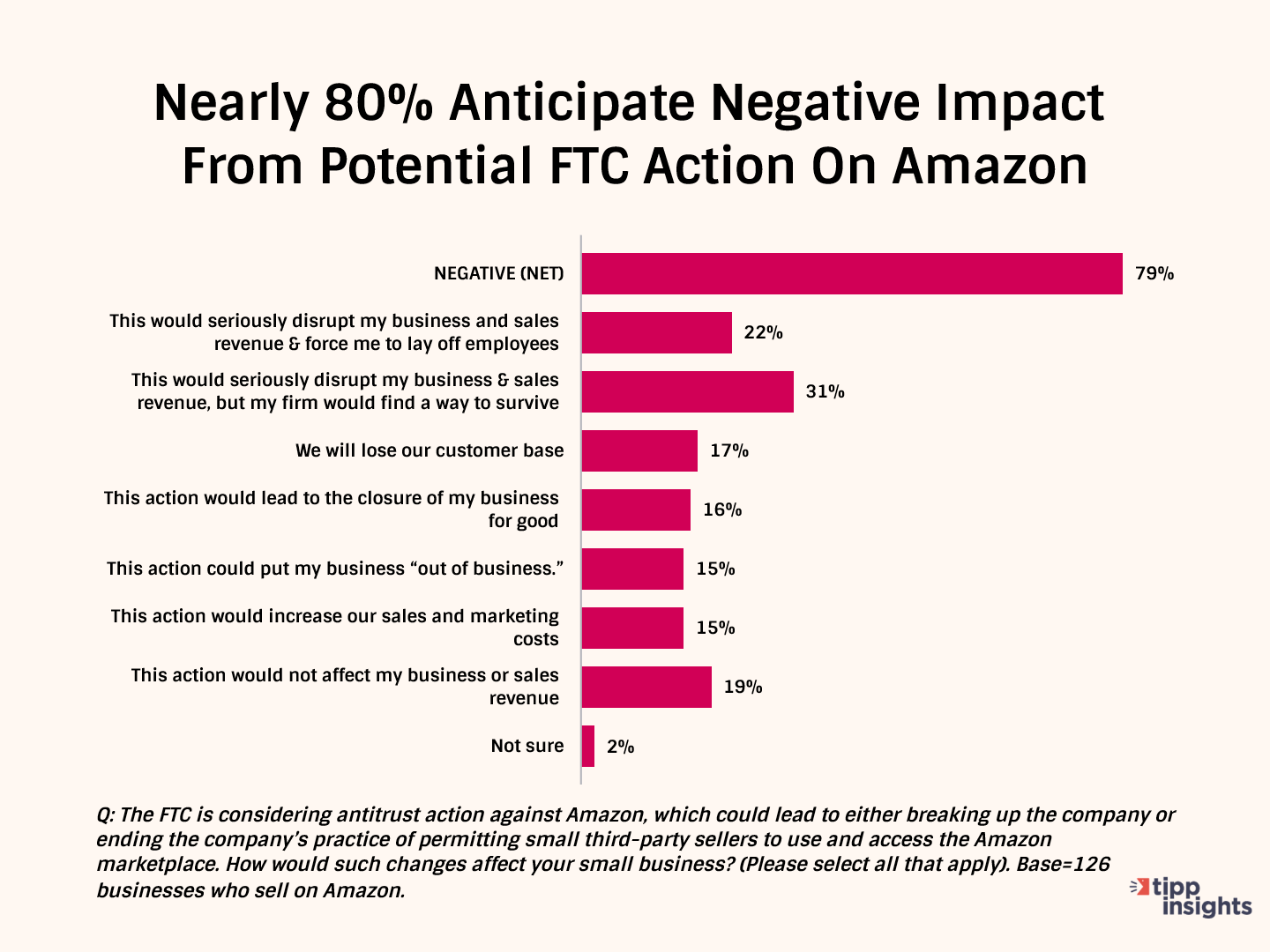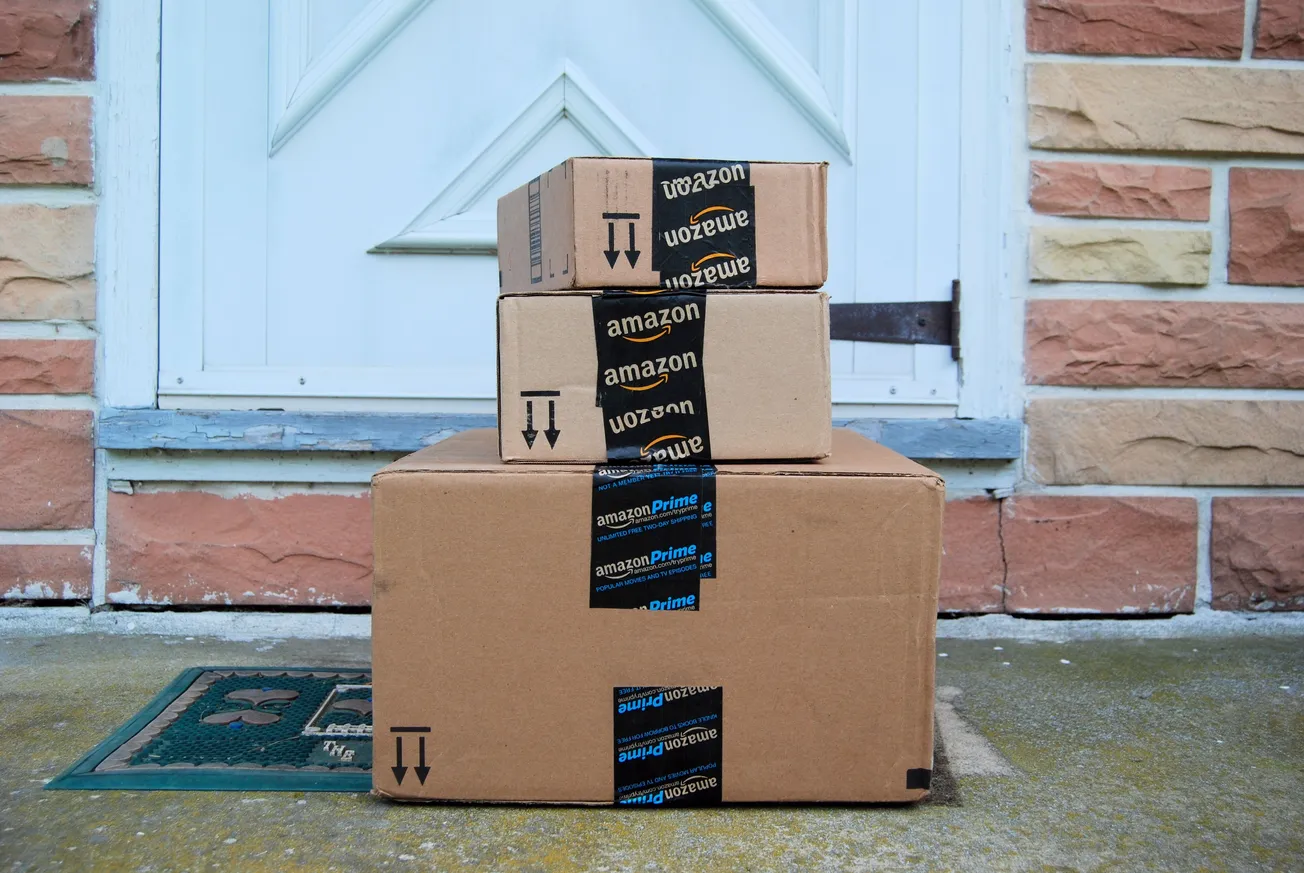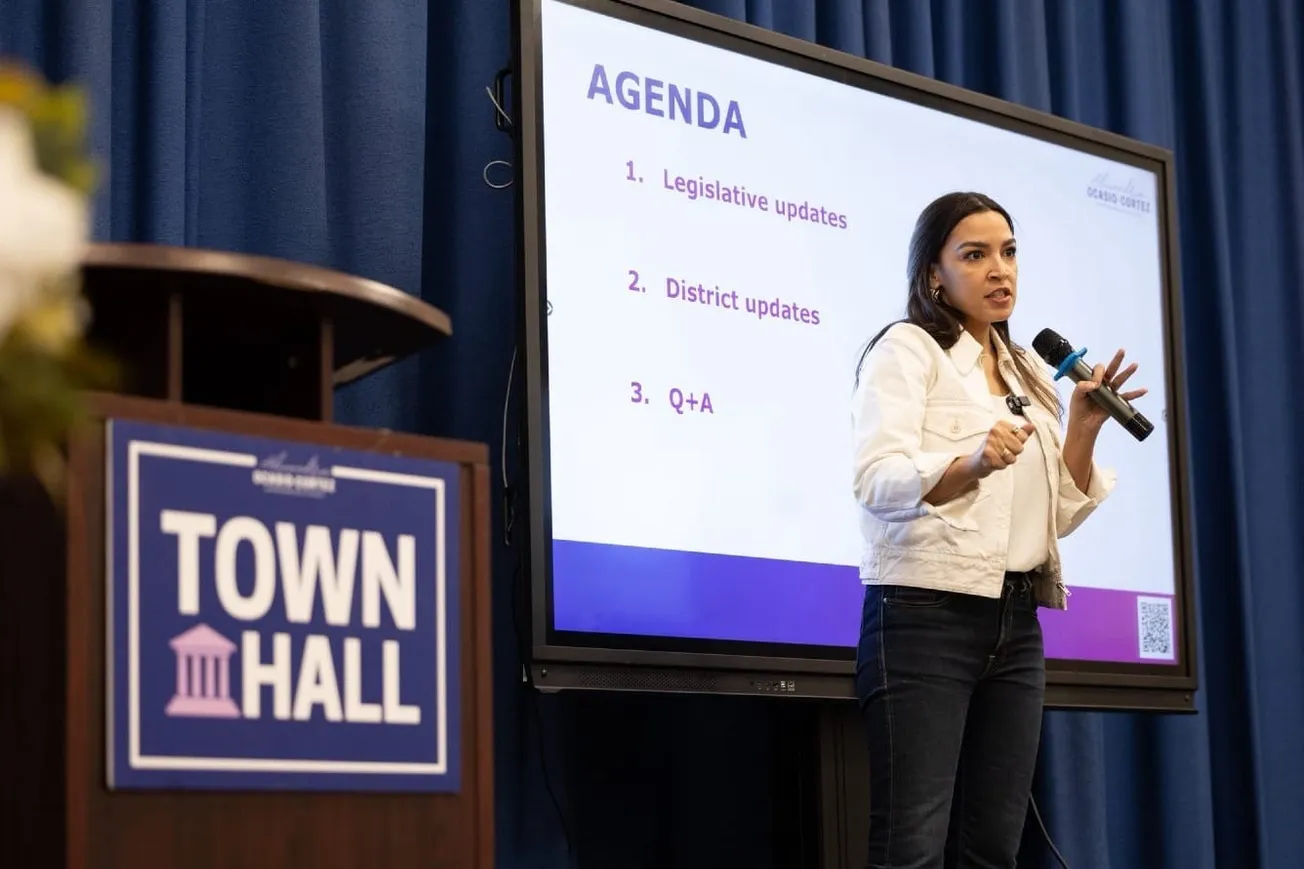- The Federal Trade Commission (FTC) is considering a lawsuit against Amazon.com due to antitrust allegations related to Amazon Prime, and its Fulfillment by Amazon logistics program and pricing practices employed by third-party sellers.
- Structural remedies, including possibly breaking up the company, are under consideration.
- A recent TechnoMetrica survey conducted for the Small Business & Entrepreneurship Council (SBE Council) found that small businesses heavily rely on social media platforms and internet-based technology for branding and income generation.
- Approximately 22% of small businesses use Amazon to sell their products, accounting for 23% of their total sales, and many fear negative consequences if the FTC takes action against Amazon.
- They include sales disruption, employee layoffs, loss of customers, potential closure, and increased sales/marketing costs.
- SBE Council views potential FTC action as ideological, uninformed and archaic, which could severely harm many small businesses during this challenging economic period.
It is expected that the U.S. Federal Trade Commission (FTC) will soon file a lawsuit against Amazon.com. The case will likely focus on Amazon Prime, and Amazon's Fulfillment by Amazon logistics program and pricing practices employed by third-party sellers on its platform. The FTC may recommend "structural remedies" that have the potential to result in the company's breakup.
The prospect of these "structural remedies" has small business owners worried, as per the findings of the recently conducted SMALL BUSINESS CHECK UP SURVEY for the third quarter of 2023.
The online survey of 535 small business owners (employee size 2-99) was conducted by TechnoMetrica from August 23-25, 2023, for the Small Business & Entrepreneurship Council (SBE Council).
Social media platforms and internet-based technology are vital to small business branding, income generation, and customer engagement. Facebook, Instagram, Amazon, LinkedIn, and YouTube top the list of the technology platforms used by small businesses, according to the survey. In addition to these platforms, small businesses utilize a diverse array of platform options to find, service, and engage customers. Only 13% of small business owners report not using a tech platform or social media to conduct business.
A modest 22% of total small business sales are generated via these platforms. One in six businesses (16%) reported that social media platforms are responsible for over half of their sales. Another 21% report that platforms account for 21% to 50% of their sales, and the same number (21%) generated 11% to 20% of their sales using these tools.
According to the survey, 22% of small business respondents use Amazon to sell goods or products. Amazon accounts for 23% of total sales for these small business sellers.

Amazon small business sellers who responded to this survey utilize a wide array of tools and methods to generate sales, including:
- Their small business websites: 69%
- Social media platforms: 64%
- Other tech platforms like Shopify, Etsy and eBay: 41%
- Their brick-and-mortar storefront: 35%
- Retail or wholesale partners: 33%
- Buy online, pick-up-in-store (BOPIS): 23%
- And larger company platforms like Walmart: 16%
Obviously, small business owners are striving to “meet customers where they are” so they utilize diverse sales channels and methods in order to meet the needs and preferences of customers. Consumers actually drive the market, but the FTC mistakenly asserts that a few big companies are manipulating the retail space (and by extension, small businesses) which is absurd, as illustrated by the data above.
When asked about possible FTC action that may break up Amazon or end certain practices, resulting in limited access to Amazon services and its marketplace for small businesses, survey respondents said such action would hurt their business.
Nearly 80% of small businesses that sell on Amazon expect negative impacts from potential FTC interference. Specifically, these include sales disruption (31%), employee layoffs (22%), loss of customer base (17%), potential business closure (16%), and increased sales/marketing costs (15%).

Many small business owners verbalized their concerns about the FTC’s expected legal action against Amazon. They are confused by government regulators possibly penalizing a “good partner” for small business. A sampling of these comments included:
- Overall, we’ve had a positive experience selling through Amazon, and it accounts for a decent amount of our sales, though not as much as eBay. Losing them would hurt.
- I think it's ridiculous actually. The only people it is going to hurt are small businesses. Amazon won't be affected by it.
- If we lose our Amazon platform, we will lose extra money coming in that's much needed. My experience so far is positive with Amazon. If it does break up, it could be very detrimental to my business.
- Now why would the government penalize one of the very few big corporations that are trying to give small businesses a leg up???!!! That's just ridiculous to me!!!
- If there is FTC action it could completely disrupt my business.
- Amazon is a good partner for my business. I have not heard of this litigation but it would cause me to lay off a valuable person because her main responsibility is e-commerce.
- I've had no problem with Amazon. I think that government should just stay out of it.
- I think Amazon does a great job helping smaller businesses reach a bigger audience.
As noted clearly in the survey results, Amazon is merely one of many tools that small business owners use to access the consumer marketplace. For some small businesses, these sales are minimal. For others, it is sizeable. But every sale is vital to the survival and growth of a small business.
Make no mistake, small businesses sell a lot of goods and products on Amazon. More than 60% of the products sold in Amazon’s store are sold by small independent sellers. In 2022, U.S. small businesses sold more than 4.1 billion products (an average of 7,800 every minute) in Amazon’s store and exported over 260 million products.
So, like many small business owners, we are bewildered by FTC Chairperson Lina Khan’s views and actions on the Amazon model and its services, given the exciting dynamism in the U.S. economy and the fact that competition is prevalent in the retail and online retail space. Such dynamism and competition are being driven by ever-changing and evolving consumer preferences and needs. The Amazon marketplace is just one channel for finding and attracting loyal customers, and small businesses have greatly benefited from this opportunity.
Unfortunately, the Amazon case represents one of many intrusive FTC initiatives that will harm small businesses and the startup ecosystem. Efforts aimed at revamping the highly successful U.S. merger and acquisition (M&A) system, fully banning non-compete agreements, and slowing the gears of M&A activity in general (just to name a few areas of activity), all undermine entrepreneurship and healthy startup activity and growth.
In the end, undermining small businesses and the startup ecosystem favors market incumbents and bigger businesses, which works against “the competition agenda” the FTC claims it is working to promote. That is why Congress must continue to hold Chairperson Khan accountable through regular oversight and possible legislative action to rein in the agency’s economically destructive agenda.
Karen Kerrigan is president & CEO of the Small Business & Entrepreneurship Council.









